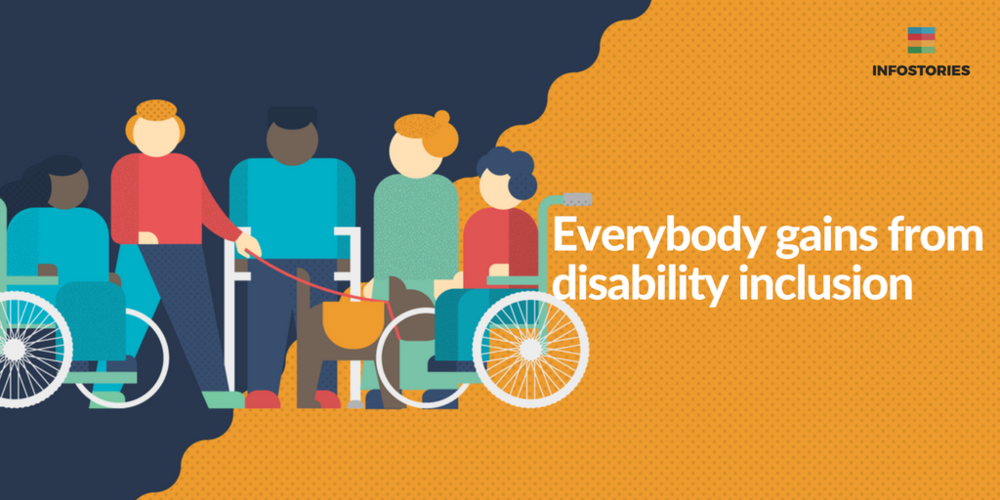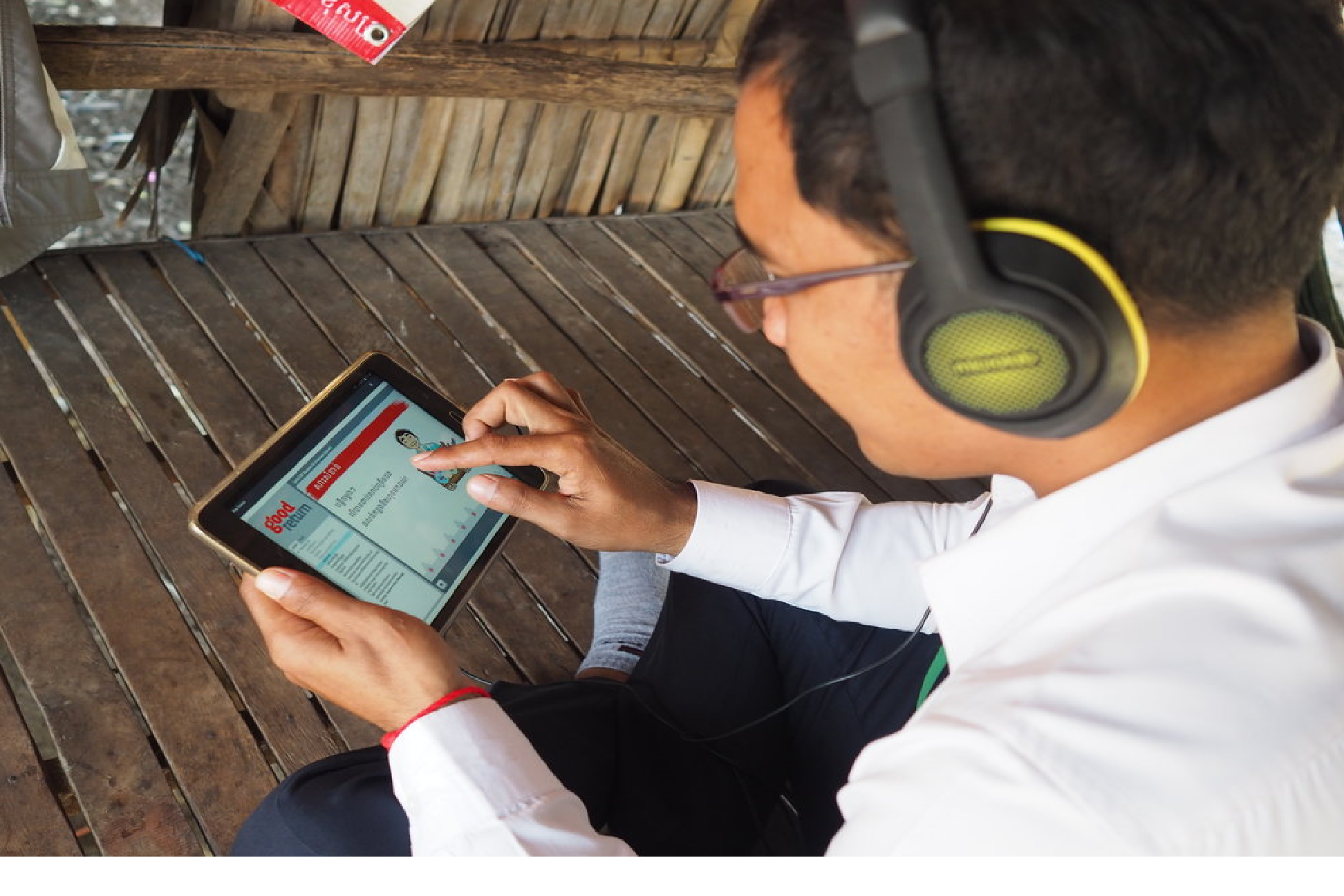financial inclusion
The World Bank estimates that 2 billion people don’t use formal financial services and that more than 50% of adults in the poorest households are unbanked. Some 200 million small and medium-sized enterprises are also unbanked. Without access to formal financial services, the world's poor are often left with no choice but to make money management decisions that are risky, expensive and unreliable.
Microfinance plays a key role in providing financial products and services to the economically disadvantaged. Financial inclusion is about much more than just access.
Financial inclusion recognises the broader challenges of ensuring that everyone, regardless of income, has access to and can effectively use appropriate, affordable financial products and services to improve their lives.
Responsible inclusive finance recognizes the importance of financial literacy and consumer empowerment and incorporates client protection principles that meet the special needs and constraints of low-income households and vulnerable consumers.
Client Protection
Microfinance is the provision of financial services to low-income people. Over the past several decades the microfinance sector has worked to deliver financial services to economically disadvantaged populations. Initially focused on the provision of very small loans, or microcredit, the industry now delivers a range of financial products and services specifically designed to meet the unique needs of its clients.
Delivered responsibly, microfinance products are a powerful tool to fight poverty. But they can cause harm if inappropriate products are sold to vulnerable people who cannot afford them. Responsible Microfinance Institutions deliver products and services that are safe, affordable, reliable, and inclusive – available to everyone, including those living in remote, marginalised communities.
Responsible microfinance ensures vulnerable clients are protected from harm by promoting transparency of information and pricing, balancing commercial and social performance, and designing appropriate and affordable products and services.
To protect vulnerable clients from harm, key players in the microfinance sector launched the SMART Campaign. Smart microfinance encompasses core Client Protection Principles to help microfinance institutions practice good ethics and smart business. The Client Protection Principles are the minimum standards that clients should expect to receive when doing business with a microfinance institution.
Appropriate product design and delivery
Prevention of over-indebtedness
Transparency
Responsible pricing
Fair and respectful treatment of clients
Privacy of client data
Mechanisms for complaint resolution
Smart Microfinance protects clients, businesses, and the industry as a whole.
SOCIAL PERFORMANCE
To create value for their clients, microfinance institutions need to maintain a healthy balance between their social and commercial goals, managing a double bottom line where strong financial performance supports the fulfilment of a social mission.
The social value of microfinance relies on the delivery of financial products and services that improve the lives of the economically disadvantaged. Social performance management refers to the policies, procedures and management practices used by institutions to achieve their social mission.
Microfinance institutions with strong social performance management practices, design and deliver products and services that are appropriate, safe, affordable and ethical. Responsible microfinance institutions with a strong social mission help clients cope with emergencies, invest in economic opportunities, build assets, and manage their daily and life cycle financial needs. Such institutions also treat their staff responsibly, carefully balancing the institutions social and commercial goals.
Although there is no single formula for successful social performance management, the microfinance sector has recognized a set of core management practices known as the 'Universal Standards for Social Performance Management'.
Define and monitor social goals
Ensure board, management, and employee commitment to social goals
Design products, services, delivery models and channels that meet clients’ needs and preferences
Treat clients responsibly
Treat employees responsibly
Balance financial and social performance
SOCIAL INCLUSION
An inclusive society is defined as a society for all, in which every individual has an active role to play. Such a society is based on fundamental values of equity, equality, social justice, and human rights and freedoms, as well as on the principles of tolerance and embracing diversity." UNESCO, 1995.
Under RIF Academy Program, we are accountable to expand social inclusion awareness to relevant stakeholders particularly among the partners staff members where its topics focus on Gender, Disability and Cultural Diversity.
STAFF CAPACITY
Staff is an important resource. Investment in staff development can enhance organisational competitiveness.
The competitive positions of Microfinance Institutions are constantly being challenged by regulatory and policy changes, new entrants to the market, expanding business outreach, and new product offerings to clients. The intense competition puts pressure on businesses to focus heavily on financial performance, potentially at the cost of managing their social performance.
To meet these challenges and secure their position in the market, Microfinance Institutions need to ensure that the capacity and efforts of their staff are directed towards achieving the goals and mission of the organisation.
Building staff capacity allows Microfinance Institutions to achieve their financial and social objectives, maintaining client trust and achieving operational sustainability.
Monitoring and Impact Evaluation
Fundamental to the success and sustainability of a project is understanding the impact of the activity, product or policy on those affected. Microfinance institutions extend financial products and services to previously unbanked individuals, low-income households, and poor entrepreneurs. It is important to understand how the lives of clients are being impacted.
Effective impact evaluation benefits clients, institutions, and the sector.
For Microfinance Institutions, verifying that products and services are having a positive impact on clients is good market research. Delivering financial services that impact positively on households and communities increases client wealth and loyalty. Maintaining a client base that has increased capacity to benefit from a wider range of products supports ongoing operational sustainability.
Regulators, policymakers, and donors are required to gather evidence-based results to evaluate the extent that microfinance programs contribute to improved livelihoods and poverty reduction. Impact evaluation is required to demonstrate accountability, transparency, and informed decision-making on effective interventions that are cost-effective and sustainable.












